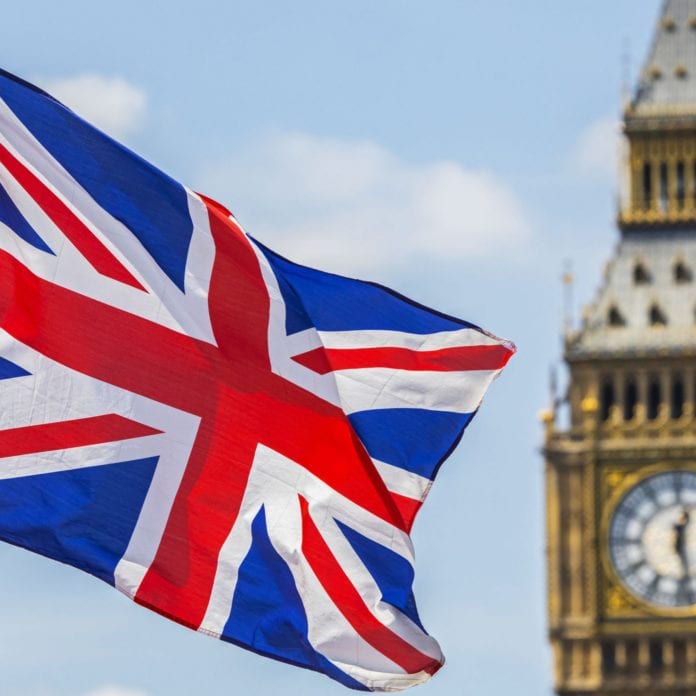The recent decision by the U.K. government to ban and remove Huawei from the country’s 5G networks by 2027 would severely delay the operators’ 5G rollout plans and would hit the local economy by £18.2 billion ($23.5 billion), according to a report commissioned by Huawei.
The report, published by market research firm Assembly, also noted that the ban would also affect the UK’s current competitive advantage in 5G leadership.
The report builds upon the Government’s own expectation of a 3-year delay to 5G rollout. The removal of Huawei equipment sooner than 2027 would lead to a further delay to roll-out and higher cost to the U.K. economy, according to the report.
In the last 12 months, the U.K. mobile operators have made significant progress in deploying 5G infrastructure, putting the country in a strong position to reap the future economic benefits. However, as a result of continued U.S. pressure and latest sanctions, this deployment will slow in future, impacting industrial efficiency, global competitiveness as well as, the associated economic benefits of being a global leader in 5G, the vendor said.
Of the £18.2bn economic impact, a result of the 3-year delay, about £10bn of productivity benefits would be lost entirely.
Furthermore, under a scenario where the U.K. is a global 5G leader, the mobile sector would miss out on the opportunity to generate about £4.7 billion and related industries would lose about £2 billion, while the economy at large would miss benefits estimated around £1.5bn.
“As a result of further restrictions on Huawei in the U.S., the U.K. mobile operators are set to incur billions of pounds worth of cost stripping out equipment form their networks. This report reaffirms there is also an untold cost in terms of the economy and impact on productivity a delayed 5G roll out will have, the scale of which the U.K. can ill afford given the current economic circumstances,” said Matthew Howett, Principal Analyst and Founder of Assembly.
“This new research shows how the U.S. administration has directly impacted Britain’s economy, ending the U.K.’s leadership in 5G, holding the country back from realising its full potential for years to come,” said Victor Zhang, Vice President of Huawei.
“Our priority at Huawei remains to support our customers in delivering and helping to build a better connected UK. This independent research, shows why we would urge the government to reconsider its decision,” Zhang added.
In July, the UK had announced that Huawei’s gear will be completely removed from the country’s 5G networks by the end of 2027, following new recommendations by the National Cyber Security Center (NCSC).
The government also confirmed that it will also implement a total ban on the purchase of new Huawei kit for 5G, starting next year.
The move represents a complete U-turn for the UK government, which had previously allowed Huawei to continue providing equipment to local 5G networks, with certain restrictions. In January, the government said that the Chinese vendor would be banned from supplying equipment to core parts of 5G networks and that it would be allowed to have a minority presence of no more than 35% in the 5G Radio Access Network.

